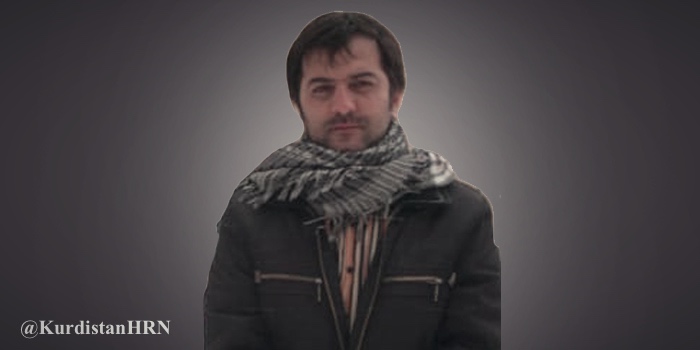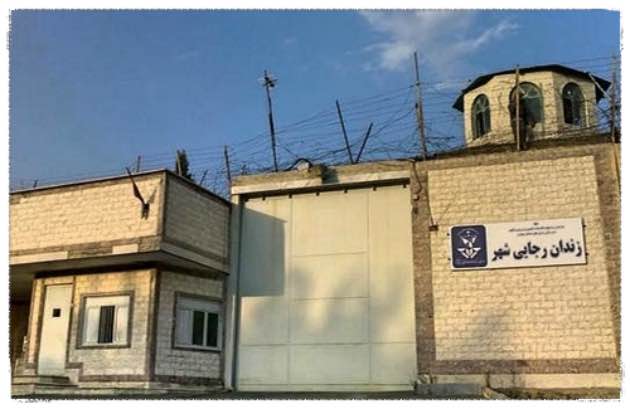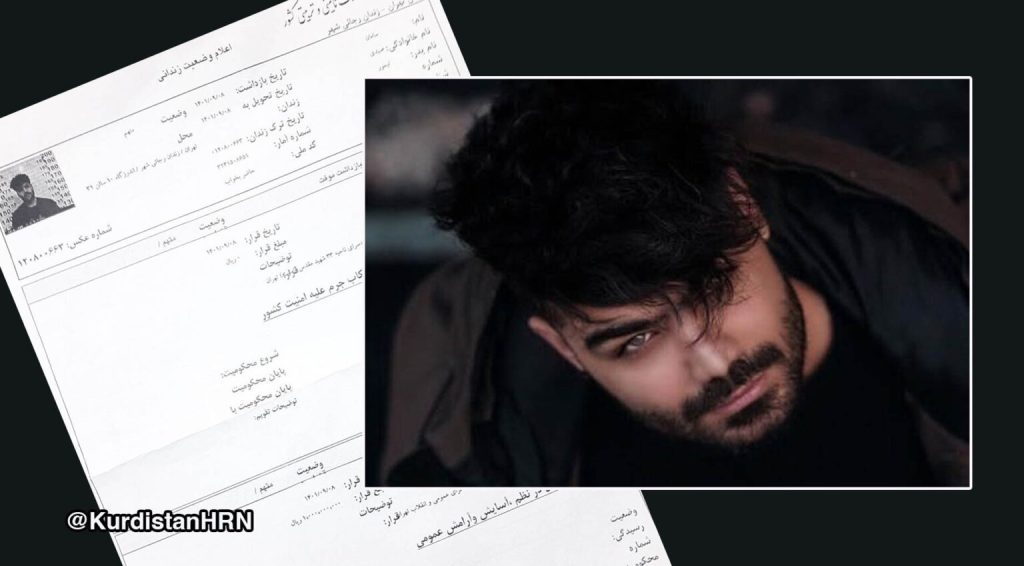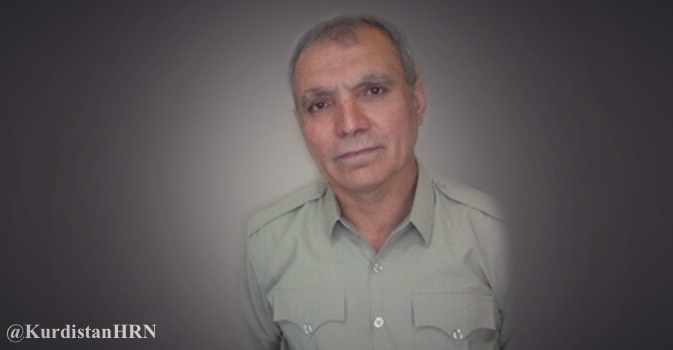Kurdish Sunni civilian
Detention date: 7 December 2009
Charged with: Spreading corruption on earth
Sentence: Death penalty
Current status: Imprisoned in Rajai Shahr Prison in Karaj
Qassem Abasteh, a Kurdish Sunni prisoner, was detained on 7 December 2009 and taken to the detention centre of the ministry of intelligence in Orumiyeh in north-western Iran. He was interrogated there for eight months on the accusation of “enmity against God” (moharebeh).
Abasteh was then transferred to Evin Prison in Tehran, where he was interrogated in wards 240 and 209 for six months.
On 13 April 2012, the prisoner was eventually transferred to Rajai Shahr Prison in Karaj.
Abasteh and several of his co-defendants were charged with “spreading corruption on earth” (fasad fil-arz), based on claims by the office of the ministry of intelligence in Orumiyeh that accused them of killing a Sunni cleric named Abdul Rahim Tina.
The hearing of the case was held in March 2016 in Branch 28 of the Islamic Revolutionary Court of Tehran, presided over by Judge Moghiseh.
The court charged them with “acting against national security”, “propaganda against the state”, “membership in Salafi groups”, and “spreading corruption on earth”.
Eventually, it sentenced Abasteh and his six co-defendants to the death penalty, which was officially notified to them on 25 May.
Later, the defendants appealed against the verdicts and the case was referred to Branch 41 of the Supreme Court, presided over by Judge Razini. The Supreme Court overruled the verdicts in 2017 and referred the case to Branch 15 of the Islamic Revolutionary Court for retrial.
Branch 15 of the Islamic Revolutionary Court, presided over by Judge Salavati, sentenced Qassem Abasteh and his six co-defendants to the death penalty in June 2018 on charges of “spreading corruption on earth”.
This time, the verdict was upheld by Branch 41 of the Supreme Court due to pressures from the office of the intelligence ministry in Orumiyeh and it was officially notified to their lawyer Mahmoud Alizadeh Tabatabai on 3 February 2020.





